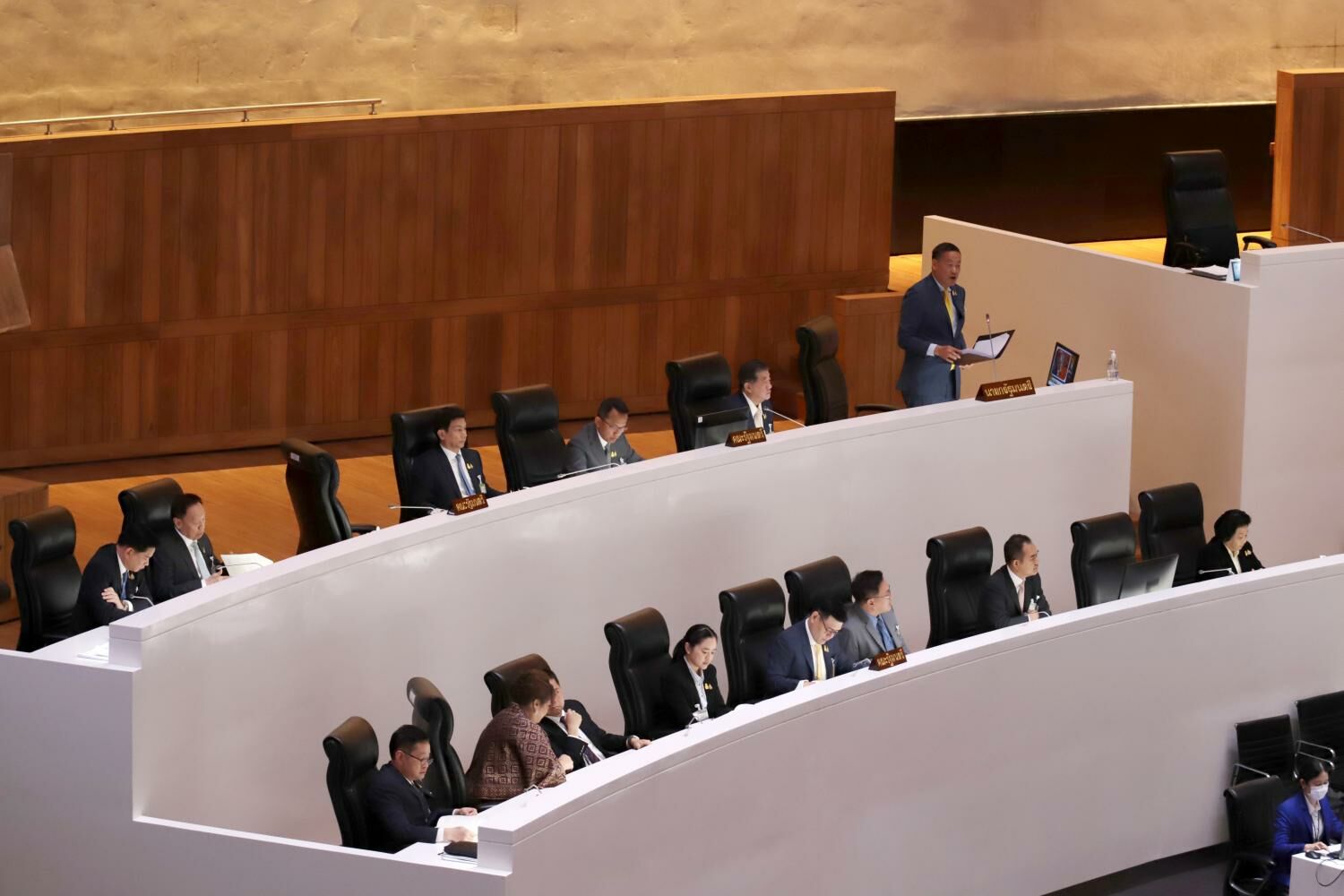Fiscal budget deficits risks Thai economy, chief economist warns

Kiatnakin Phatra Securities’ chief economist issued a stark warning over the government’s increasing reliance on fiscal budget deficits, cautioning that such an approach could harm the economy over an extended period.
Pipat Luengnaruemitchai openly criticised the government’s latest populist strategies, including a digital money initiative and reduced oil costs, stating that these measures could erode fiscal discipline.
He further warned that these policies might lead to increased financial burdens for businesses and even trigger a re-evaluation of the country’s credit rating. Last week, the Srettha Thavisin-led administration announced an increase in the annual budget deficit, which now stands at over 693 billion baht. Meanwhile, the government’s revenue is expected to see only slight growth.
In a significant departure from previous practices aimed at balancing the fiscal budget over time, the government has also expanded the budget deficit framework for future years. Pipat questioned the wisdom of this move.
“Will the public have to pay debts of 0.6% of GDP per year for the next four or five years because the government increased the deficit to finance their digital cash handout scheme?”
The government’s current trajectory suggests public debt could rise from 61% to 65% of GDP, edging dangerously close to the 70% ceiling. Pipat maintains that this budget move diminishes the fiscal buffer needed to withstand future shocks, reported Bangkok Post.
He also disputed the feasibility of the Pheu Thai Party’s claim that it can distribute money without compromising fiscal discipline or burdening the fiscal budget, particularly in light of the government’s populist policies.
Recent weeks have seen a surge in long-term Thai interest rates, a trend partially attributed to rising offshore rates. Pipat suggests an additional factor could be increased fiscal risk due to a growing supply of government bonds, which would result in higher financial costs for the government and Thai private sector alike.
He expressed concern that utilising funds outside the fiscal budget and placing initial responsibility on state-owned banks could lead these institutions to seek additional liquidity from the financial market, potentially raising future financial costs.
Pipat warned that these developments could undermine investor confidence and lead credit rating agencies to reassess Thailand’s rating. He also highlighted the risk of an increased fiscal deficit due to power tariffs and energy price subsidies, which could worsen the country’s current account deficit and subsequently impact exchange rates.
Finally, the economist stressed the importance of fiscal discipline, suggesting that PM Srettha Thavisin should not double as the finance minister given the latter’s crucial role in controlling government expenditure and cautioning the government about budget spending limits.
Follow more of The Thaiger’s latest stories on our new Facebook page HERE.
Latest Thailand News
Follow The Thaiger on Google News:


























